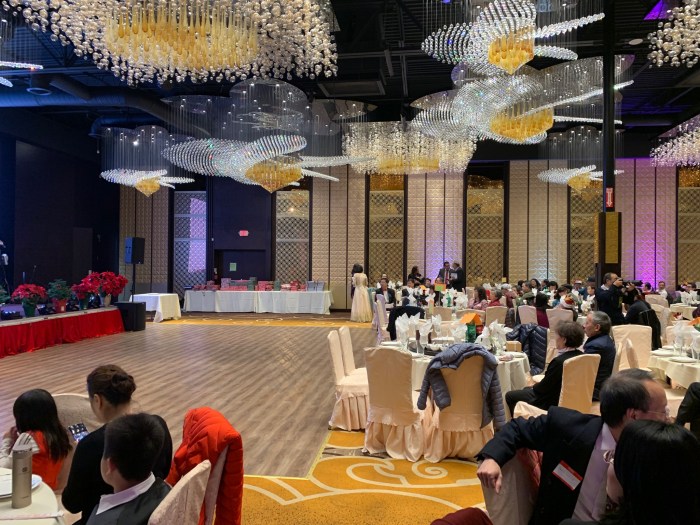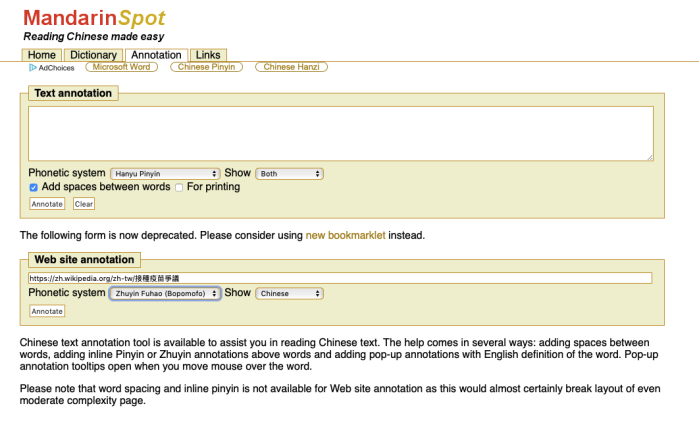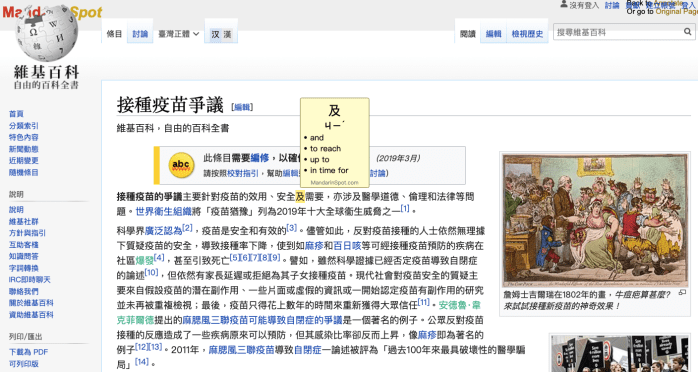Many parents wonder how fluent their children can realistically become in Chinese while growing up overseas. The reality is that even with steady exposure and strong home support, reaching the equivalent of a native elementary school graduate by age 18—or achieving ILR Level 3 (professional working proficiency) to Level 4 (full professional proficiency)—is quite difficult ( ~2/3 CLE Exposure Time for ILR Level 3 or Above). For my daughters, age 22 and 19 now, I would say that their overall Chinese are ILR Level 4. For us, the particular curriculum and instruction were the easy part. The difficult part was providing the CLE all the way into their teens, which creates the psychological construct required to sustain such learning.
What matters most is aligning expectations with your family’s priorities, resources, and your child’s interests. Some children may take to it naturally, while others may reach a solid low-to-intermediate level and still feel connected to their heritage. If they become more interested later, they can always pursue higher-level study in college or beyond (Advice & Thoughts).
From my own experience—having emigrated from Taiwan at age 11—I realized in college during the early 1990s that many of my peers from Chinese-speaking homes, even those whose parents founded Chinese schools, had very limited proficiency despite years of study. Later, after going through the American education system ourselves, my wife and I decided not to focus on having our children learn things just for college applications. We realized that many activities have long-term value that only becomes clear in college or well into adulthood (Reflections on Two Decades of Bilingual Parenting).
One area we did prioritize was Chinese proficiency, despite the enormous time and effort it demanded—and its limited utility, by itself, for college applications – Chinese AP, in particular (非常低 C/P 值). On the other hand, we only know one adult in the U.S. who regrets not learning a classical musical instrument better in childhood—and that person happens to be fluent in Chinese. So, we decided to let go of classical instruments, a stereotypically “college-application-worthy” pursuit. After all, their instrumental skill (or the lack thereof) wouldn’t typically affect their future children’s musical ability—most parents just hire a teacher. I only wish learning Chinese were that simple.
For my daughters, not speaking, reading, or enjoying Chinese was nearly impossible in their childhood. It was woven into almost every aspect of our home life through the CLE framework we built. The foundation of their entertainment, joy, laughter, and family connection was built through the language.
My original goal was to bring their practical Chinese close to a native grade-school level, and we were on track by their early teens. After moving from rural North Carolina to suburban Atlanta, when my daughters were 11 and 14, I discovered the value of Chinese debate. They were the first two students in a new program and Chinese debate and tournaments were the missing pieces for them, combining advanced practical Chinese across listening, speaking, reading, and composition, while also being “college application” worthy. It raised their practical Chinese to near high school level – and best of all, the coach did most of the heavy lifting! This experience inspired me to launch in my spare time an online Chinese debate program with coaches in Taiwan five years ago for the benefit of qualified students and parents, even well after my daughters graduated from high school (ichinesedebate.com).
The discipline and exposure they gained from Chinese debate carried over into their academic and professional lives. Recently, my older daughter, who is taking a gap year or two before applying to graduate medical programs, began working at a medical practice run by a Chinese physician. Her bilingual skill and conscientiousness quickly made her invaluable to many patients and the practice. My younger daughter, now a college sophomore, recently shifted her research direction and landed a fantastic oncology research position through her Taiwanese American network. She is extremely busy this year in her studies, also serving as a recruiter for the student venture capital firm and treasurer for her college’s TASA (Taiwanese American Student Association). I’m glad she has a steady Taiwanese American boyfriend there! (He seems like a nice guy – we all met up briefly outside Taipei 101’s 鼎泰豐 before the two of them had lunch there over the summer. 🤣 )
One other aspect that I would emphasize is that I raised my daughters in broadly western tradition while helping them stay aware of basic Chinese and Taiwanese history, philosophy, and tradition. Some of the American films we enjoyed together included The Sound of Music, My Fair Lady, Sense and Sensibility, the Pride and Prejudice miniseries, North and South, Gone with the Wind, Star Trek (I’m a Trekkie), Back to the Future, Indiana Jones, Forrest Gump, Star Wars, and plenty of rom-coms (Notting Hill, Sleepless in Seattle, When Harry Met Sally, and others). We also watched our share of Chinese and Taiwanese dramas and movies, both period and modern. It might have been too much screen time for some families – but we loved it! Those shared experiences provide them the cultural background and emotional context for me to explain and for them to understand both worlds – their similarities and differences. This may be an often-overlooked part of upbringing.
In many ways, my daughters have grown to resemble me – bilingual and bicultural, like many youth immigrants. Raising bilingual children (and young adults😅) is a long, evolving journey. From our experience, emphasizing engagement over perfection and blending culture naturally into language, has made it both effective and joyful. Every family’s path will be different, but thoughtful planning, realistic goals, and creativity can help children develop strong language skills while enjoying the process.
A few posts you may find useful:
- Letter to Parents (2015)
- Advice & Thoughts (2016)
- ~2/3 CLE Exposure Time for ILR Level 3 or Above
- My Top Lessons for Raising Strong Bilingual Skills
- Reflections on Two Decades of Bilingual Parenting
- Setting a good example
- Maintaining Interest in Chinese
- 66% for CLE vs. 20% for ELE
- Introduction to the Work of Professor Stephen Krashen
- Advice and Thoughts on Heritage Learning




